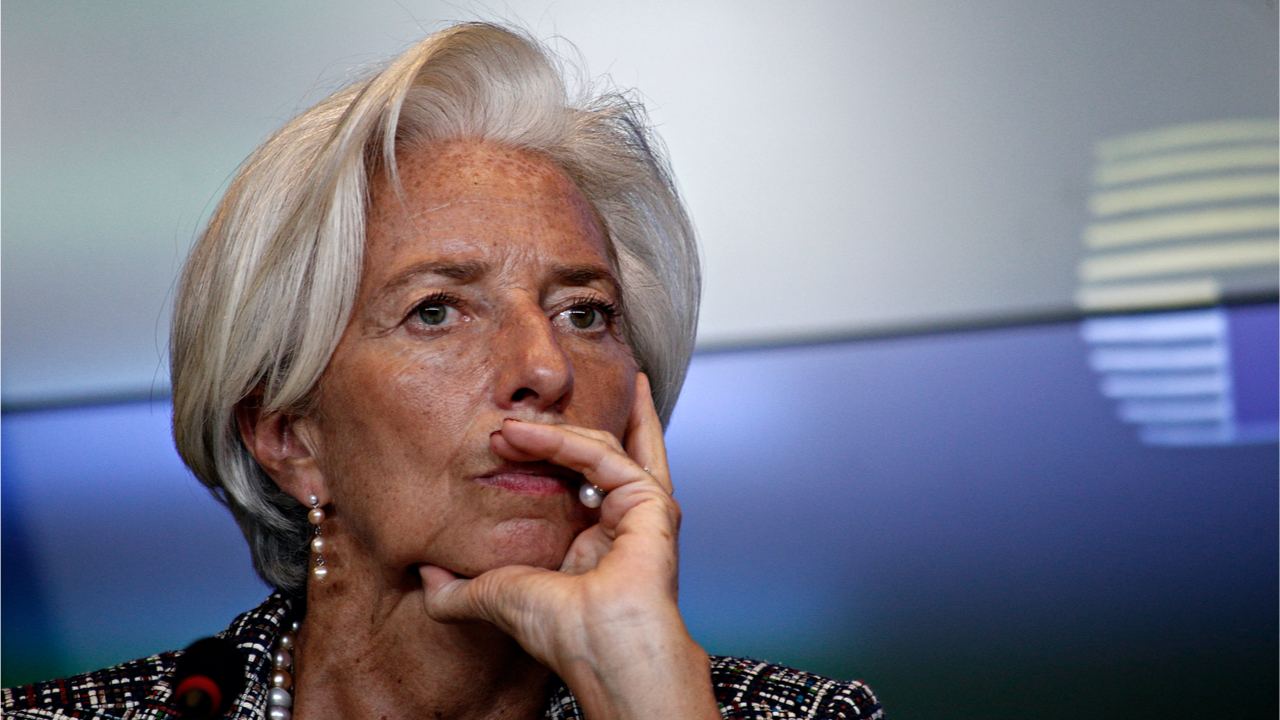
Commenting on the recent market volatility, Fabio Panetta also said stablecoins were still “vulnerable to runs,” just as investing in cryptocurrencies carried certain risks.
Fabio Panetta, an executive board member of the European Central Bank, or ECB, has said that a digital euro could come within four years, potentially designed with a person-to-person payment solution.
In a Monday speech at the National College of Ireland, Panetta said the ECB could start the development and testing of solutions toward providing a digital euro for members of the European Union in 2023, a phase that could take up to three years. He added that making the digital currency legal tender and for use in P2P payments could help promote adoption.
Panetta also commented on the recent market volatility for cryptocurrencies, with TerraUSD (UST) depegging from the U.S. dollar and the price of many major coins including Bitcoin (BTC) dropping. According to the ECB official, stablecoins, including Tether (USDT), were not “risk-free” and still “vulnerable to runs,” just as investing in cryptocurrencies carried certain risks.
“Recent developments in the market for crypto-assets illustrate that it is an illusion to believe that private instruments can act as money when they cannot be converted at par into public money at all times,” said Panetta. “Despite claims that cryptos are a trustworthy form of "currency free from public control, they are too risky to act as a reliable means of payment. They behave more like speculative assets and raise multiple public policy and financial stability concerns.”
The case for #Stablecoin #DigitalEuro @ecb Fabio Panetta pic.twitter.com/yZO2BvGrzL
— National College of Ireland (@NCIRL) May 16, 2022
Related: Chairman of the Digital Euro Association: ‘The primary aim of the digital euro is still not clear’
Estimates from many EU officials suggest that legislation and policy focused on the launch of a digital euro could be coming within five years. Panetta said in March that Europeans would be more likely to accept a digital euro aimed at addressing their payment needs, and so also accepted in physical and online stores.









